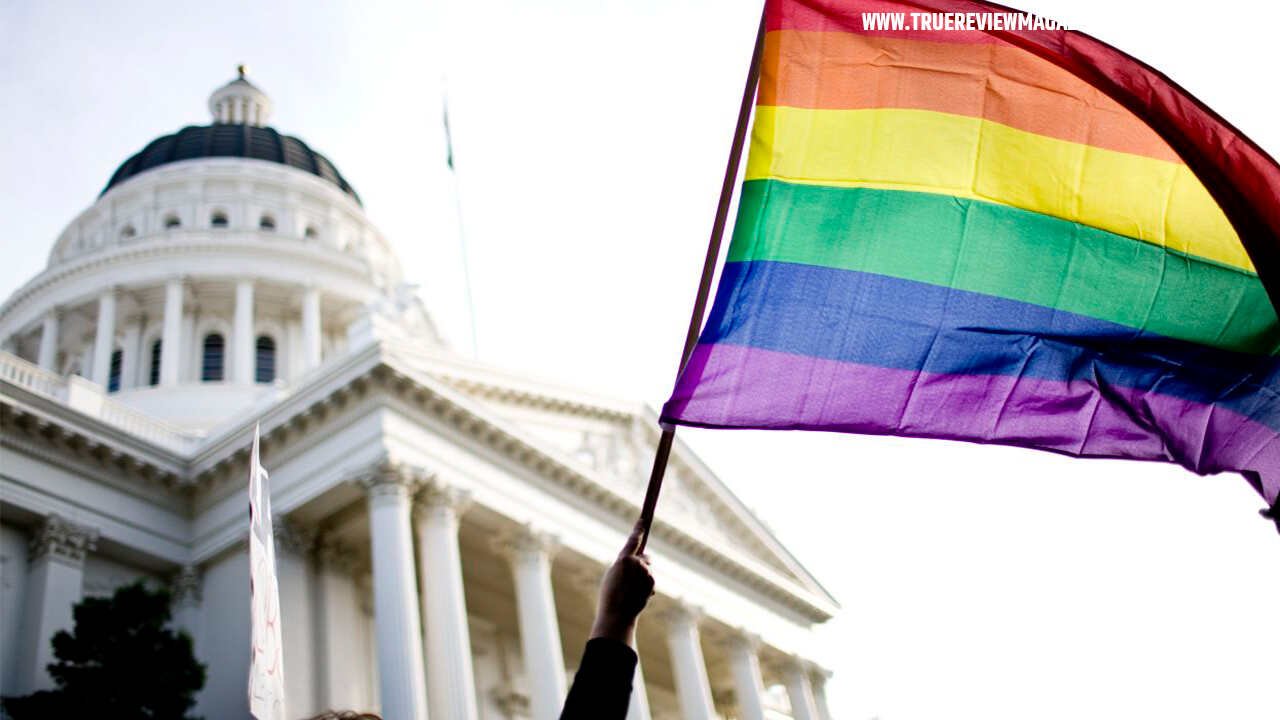Introduction
Support for LGBTQ+ rights and fostering acceptance has emerged as a crucial movement in our society. As we strive for equality and inclusivity, it is imperative to understand the significance of supporting LGBTQ+ individuals, promoting their rights, and fostering an environment of acceptance. In this blog, we will explore the importance of LGBTQ+ rights, the challenges faced by the community, and the steps we can take to build a more inclusive society.
The Significance of LGBTQ+ Rights:
LGBTQ+ rights encompass the fundamental human rights that ensure equal treatment, protection, and opportunities for individuals with diverse sexual orientations and gender identities. Recognizing and supporting these rights is essential to creating a society that values and respects the dignity and autonomy of all individuals, regardless of their sexual orientation or gender identity.
Understanding the Challenges:
a) Discrimination and Prejudice:

LGBTQ+ individuals often face discrimination, prejudice, and stigma, which can lead to social exclusion, limited opportunities, and compromised mental health. Advocating for their rights helps address these challenges and create a more equitable society.
One of the significant challenges faced by the LGBTQ+ community is discrimination and prejudice. LGBTQ+ individuals often experience unfair treatment, social exclusion, and stigma due to their sexual orientation or gender identity. Discrimination can manifest in various forms, including denial of basic rights, unequal opportunities in employment and education, and even violence. Prejudice against LGBTQ+ individuals perpetuates harmful stereotypes and hinders their ability to live authentically and thrive in society. It is crucial to address and combat discrimination and prejudice through education, advocacy, and fostering a culture of acceptance and equality.
b) Legal Disparities:
Many countries still have laws that discriminate against LGBTQ+ individuals, denying them the same rights and protections as heterosexual and cisgender individuals. Advocacy and activism are crucial in challenging and reforming discriminatory legislation.
c) Mental Health and Well-being:
LGBTQ+ individuals are more susceptible to mental health issues, including depression, anxiety, and suicide, due to societal pressures, rejection, and lack of acceptance. Promoting LGBTQ+ rights and acceptance can contribute to improved mental health outcomes.
Strategies for Supporting LGBTQ+ Rights:
0

a) Education and Awareness:
Promoting LGBTQ+ inclusivity starts with education and awareness. By educating ourselves and others about sexual orientations, gender identities, and the experiences of LGBTQ+ individuals, we can challenge stereotypes, biases, and misconceptions.
b) Advocacy and Activism:
Engaging in advocacy efforts, such as supporting LGBTQ+-focused organizations, participating in pride events, and promoting LGBTQ+ rights at local and national levels, can make a significant impact in advancing equality and acceptance.
c) Creating Safe Spaces:
Establishing safe and inclusive spaces in schools, workplaces, and communities is crucial for fostering acceptance. Organizations can implement inclusive policies, provide training on LGBTQ+ issues, and ensure that LGBTQ+ individuals feel supported and respected.
d) Supporting LGBTQ+ Youth:
LGBTQ+ youth often face unique challenges and are at a higher risk of bullying, homelessness, and mental health struggles. Providing resources, mentorship, and support systems can make a significant difference in their well-being and future success.
Benefits of LGBTQ+ Rights and Acceptance:
a) Social Progress:

Embracing LGBTQ+ rights and acceptance signals social progress and a commitment to equality. It strengthens the fabric of our society by recognizing the value and contributions of every individual.
b) Economic Advantages:
Inclusive workplaces and communities that embrace LGBTQ+ rights attract diverse talent, enhance innovation, and foster creativity. Embracing diversity leads to stronger economies and increased productivity.
c) Personal Empowerment:
Supporting LGBTQ+ rights fosters personal empowerment, allowing individuals to live authentically, free from fear and discrimination. It promotes self-acceptance, self-worth, and overall well-being.
In short
Supporting LGBTQ+ rights and fostering acceptance is not only a moral imperative but also a means of building a fair and inclusive society. By understanding the challenges faced by the LGBTQ+ community, advocating for their rights, and actively fostering acceptance, we can create a future where every individual, regardless of their sexual orientation or gender identity, can live a life of dignity, equality, and happiness. Let us stand together in solidarity to promote
Click here: http://truereviewmagazine.com










